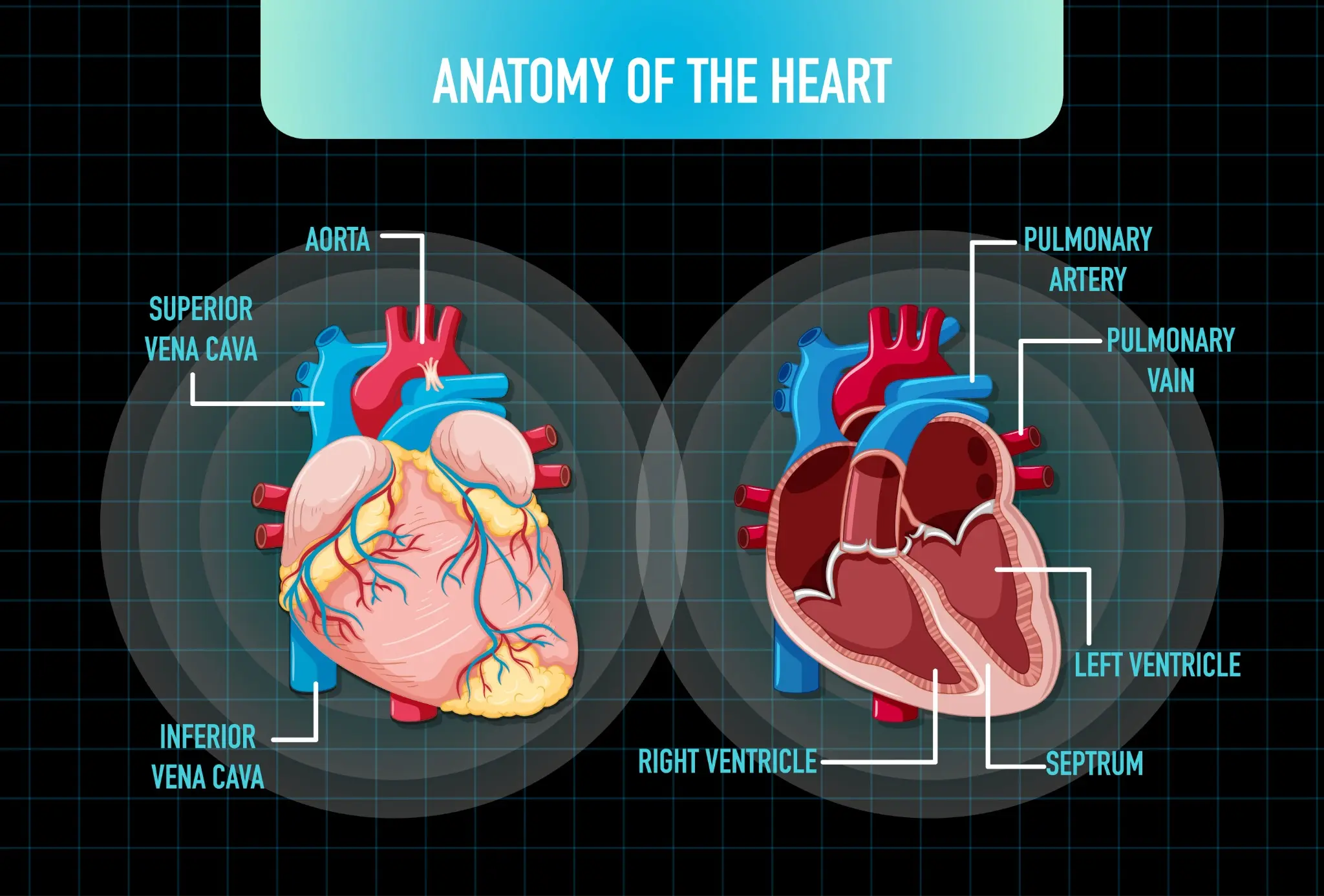Allergy panel - Eczema Comprehensive Veg + non Veg
Also known as: Allergy Panel - Eczema Comprehensive (Veg + Non Veg)
Eczema Food Allergy Test Overview
An allergy is a hypersensitivity disorder of the immune system that causes undesirable reactions to certain substances like food, dust, pollen, drugs or even animal dander. These reactions normally do not occur in others. The substance causing the reaction is an allergen. Immunoglobin E is an antibody that the body produces in case of an allergic reaction. Total IgE test is a blood test used to measure the complete IgE levels in the blood, but it does not indicate what is the specific allergen causing the reaction. Eczema or atopic dermatitis is a skin condition that may lead to redness, dryness, itching and lesions on the skin. There may be various trigger factors that may aggravate the condition. Allergy-Eczema Comprehensive Veg + Non-Veg is a screening panel that tests the body's reaction to 36 different food sources commonly consumed by vegetarians using the ImmunoCap technique. Based on the results the source of allergy/allergies is determined and the course of treatment is decided accordingly. Along with this the allergen specific IgE levels are also checked.
Allergies are a condition wherein the immune system reacts strongly against an agent. An allergen is a substance that causes this reaction, and there are several types of allergies. Some people can be allergic to pollen, which is a type of dust that comes from flowers, while others may be allergic to certain foods. People may also be allergic to pet dander (a type of dust that is present in animal hair). Apart from this, bee sting allergies are common. Some people may even be allergic to certain medicines; this tends to happen with medications taken by pregnant women or people who are taking certain antibiotics frequently. Immunoglobin E (or IgE) helps fight off allergens by producing antibodies.
Why is the allergy panel - eczema comprehensive veg + non-veg test done?
- An eczema allergy test is used to identify skin conditions and determine the cause of the allergy.
- Eczema is often caused by a genetic trait. It can occur anywhere on the body, but certain areas are more prone to it, like the elbows, knees, neck and back.
- This test is different from the one performed for the diagnosis of urticaria or skin allergies due to other factors.
- People with eczema may experience a range of symptoms, including the following:
- Redness
- Dryness
- Itching
- Skin lesions
- Further testing may be recommended based on the specific symptoms.
- Some of the triggers that can worsen the condition are unknown, but common triggers include plants, animal dander and food allergens.
- Symptoms that resemble those typically seen with an eczema allergy may call for testing for the condition.
Written by: Dr.Shibani R, Medical Writer, Medical Affairs
Allergy Panel - Eczema Comprehensive (Veg + Non Veg) Price
Metropolis Healthcare is a leading diagnostics centre and pathology lab in India equipped with the latest state-of-the-art technologies that provides the Allergy Panel - Eczema Comprehensive (Veg + Non Veg) with a clear pricing structure.
The Allergy Panel - Eczema Comprehensive (Veg + Non Veg) Price in Pune is ₹ 21,165 .
We are committed to deliver accurate and quality results from the best labs in India with complete transparency regarding test cost and turnaround time. No matter where you are, we strive to offer patients high-quality service that is affordable and accessible.
Frequently Asked Questions
It is done in suspected skin conditions for diagnosis and determining the exact source causing it (trigger factor). Since it is a skin condition it mainly leads to topical symptoms like: Itching, redness, dryness, rashes, and patches. The cause may very often be genetic. It may occur anywhere on the body but certain areas are more prone like knees, elbows, neck, back. The test is often used as a differential diagnosis to urticaria and skin allergies due to other causes. Based on these results further specific testing is recommended.
It measures the IgE mediated response to 36 different types of vegetarian and non-vegetarian food sources. Total IgE levels are also measured. Further tests to a specific allergen will help in further diagnosis.
The eczema allergy test measures the IgE-mediated response to 36 different types of vegetarian and non-vegetarian food sources. The test also gives a more accurate total IgE level; this helps doctors determine which allergens may be causing an allergic response, and treatment plans can be looked at accordingly. Along with measuring IgE levels for potential allergies, allergen-specific tests are also available to get a comprehensive picture of what might be causing the symptoms.
This test requires a blood sample post exposure to the allergens. A tourniquet (elastic) band is placed tightly on the upper arm. The patient is then asked to make a fist. This helps in the build-up of blood filling the veins. The skin is disinfected before needle insertion and the blood sample is collected in vacutainer.
Positive result to an allergen indicates that it is the trigger factor for causing the eczematous condition . Increased allergen-specific IgE levels further confirms that. Very often the test may be positive for more than one allergen as well. The further treatment course is decided based on the results. Based on the symptom, age, environmental allergens, and region wise allergens further testing may be required for specific diagnosis.
Negative result may require other tests for differential diagnosis.
People with eczema may experience a range of symptoms that call for this test; these symptoms include the following:
- Redness
- Dryness
- Itching
- Skin lesions
If the allergen test result comes back positive, it means that the substance is a trigger for the eczematous condition. Allergists can test for specific allergens (by measuring IgE levels) to get a more accurate diagnosis. However, sometimes the results may be positive for more than one allergen. Depending on the symptoms, additional tests may be prescribed to determine which allergy is responsible. A negative result doesn't always mean that there is no allergy; other tests might need to be performed to rule out other possible causes of the symptoms.
A blood sample after exposure to the allergens is required. The procedure of collecting the sample is quite simple. First, the area where the needle will be inserted will be disinfected. Then, the fist will need to be clenched so that the veins are easier to find and measure. Finally, to collect the blood sample in a vacutainer, a tourniquet will be wrapped around the upper arm and pulled until the plastic band starts to feel tight. This helps the blood build up in your veins, making it easier to collect the sample.
The best thing to do in such a case is to avoid contact with or exposure to the allergen. Taking anti-allergen medication can help neutralise the effect of the source in case of exposure or contact.
IgE stands for Immunoglobin E, which is an antibody that helps the body fight against particular allergens. It is a type of protein.
The ImmunoCap technique is used to measure how people respond to allergens. It is a reliable and accurate technique for detecting allergen-specific IgE, and it offers excellent reliability, reproducibility and good matching with SPT results.
Anaphylaxis is an allergic reaction that can happen very quickly, and it can lead to several dangerous symptoms, including a rapid heart rate, a skin rash, vomiting and nausea. Any type of reaction where the airways close up requires immediate medical help.
Eczema Vegetarian and Non-vegetarian Panel
Ratings & Reviews (0)
Why Metropolis?
Metropolis has a team of 200 senior pathologists and over 2000 technicians delivering diagnostic solutions in the areas of routine, semi specialty and super specialty domains like Oncology, Neurology, Gynaecology, Nephrology and many more.
We offer a comprehensive range of 4000+ clinical laboratory tests and profiles, which are used for prediction, early detection, diagnostic screening, confirmation and/or monitoring of the disease.





















 WhatsApp
WhatsApp